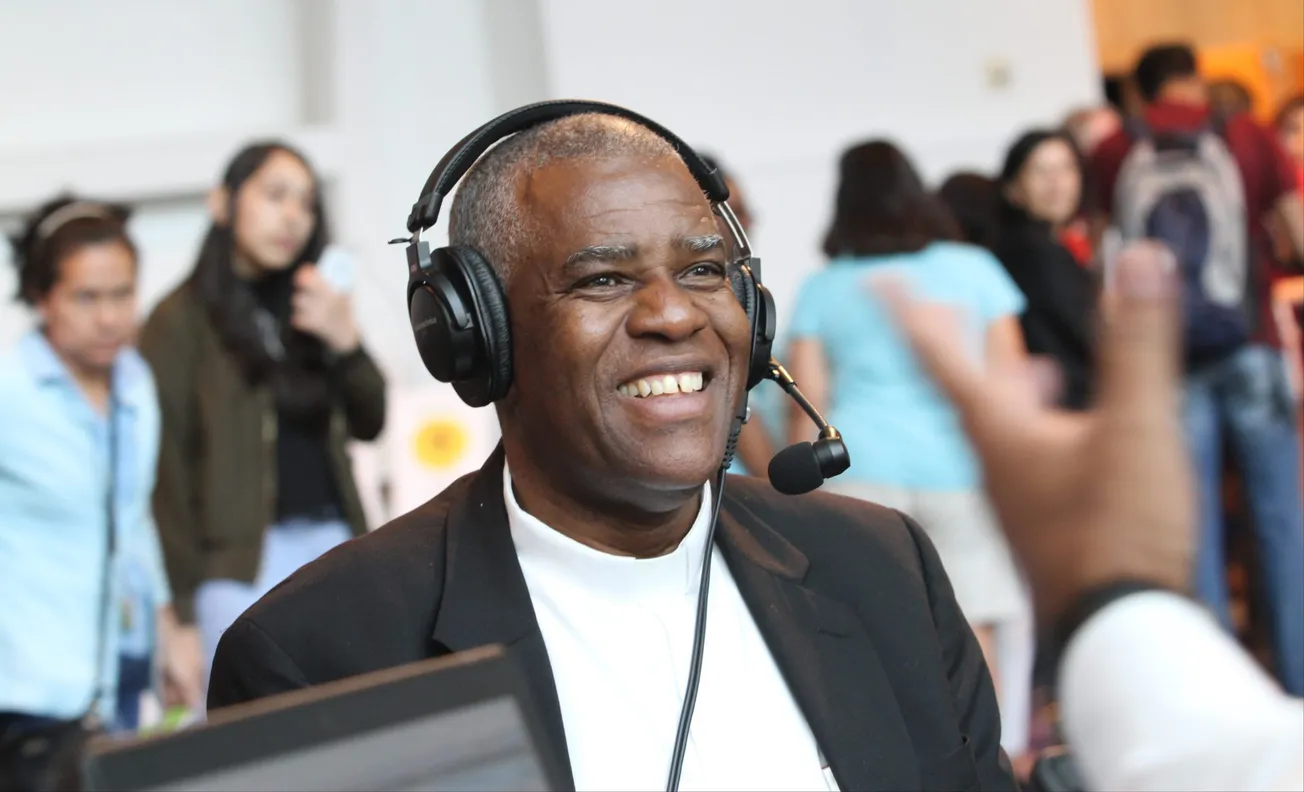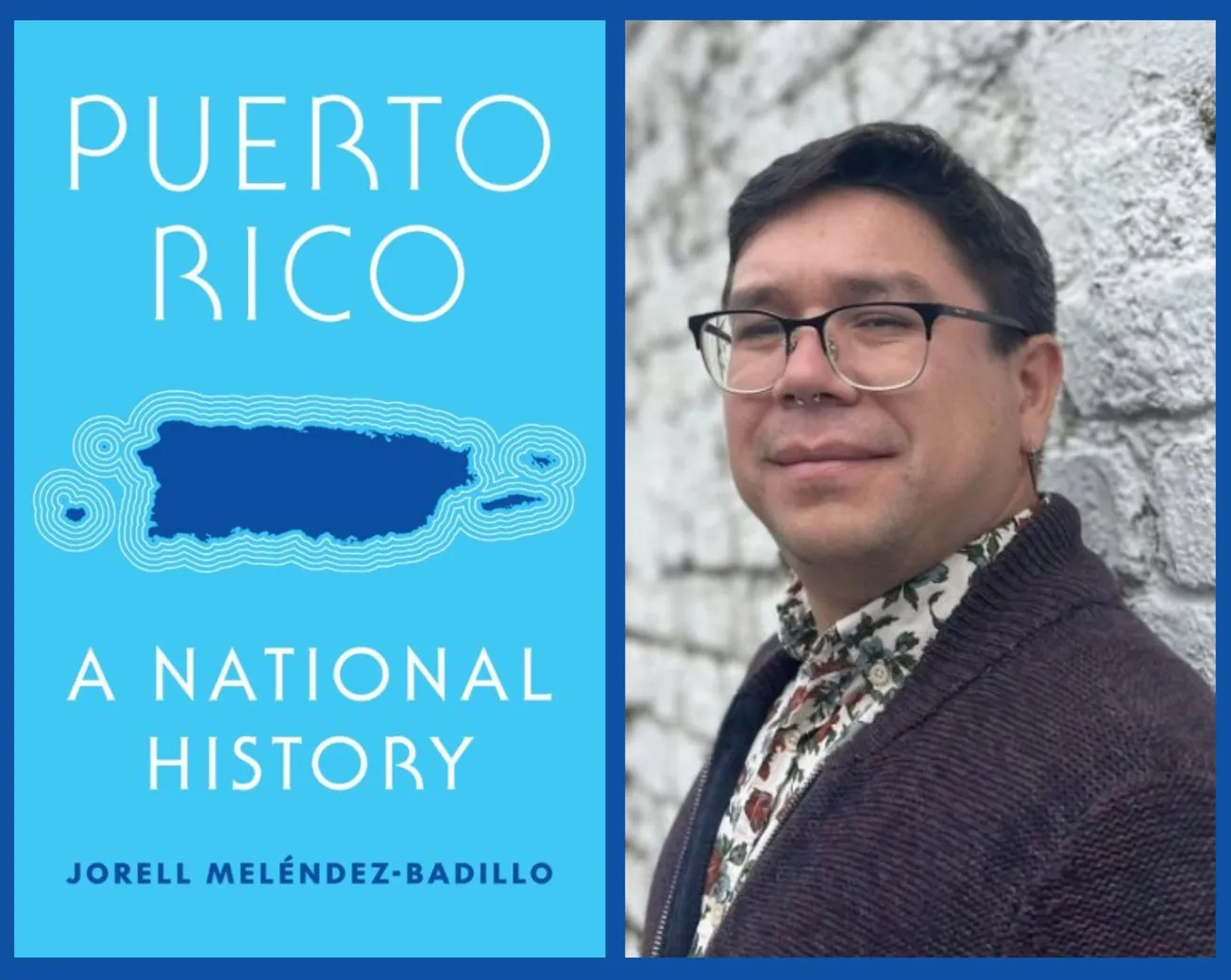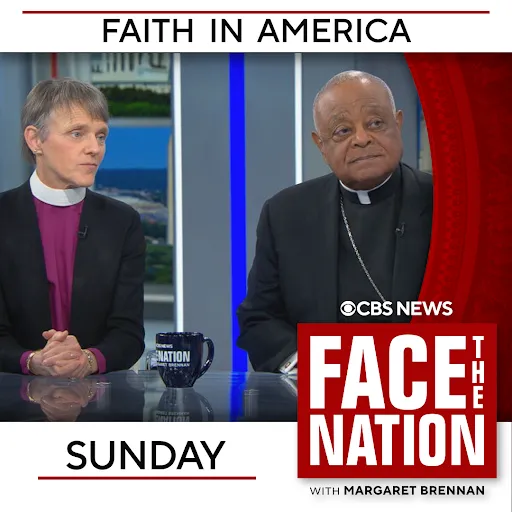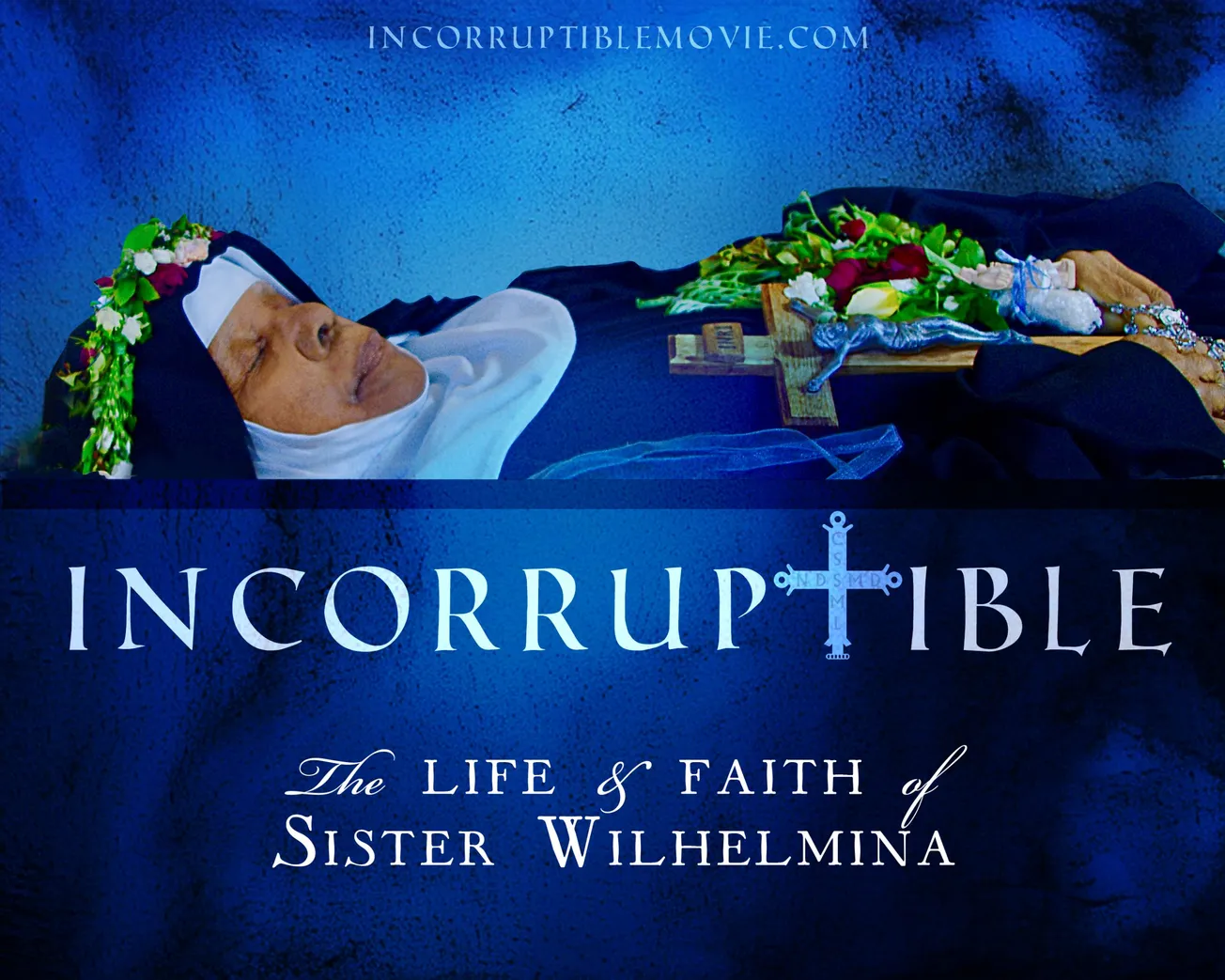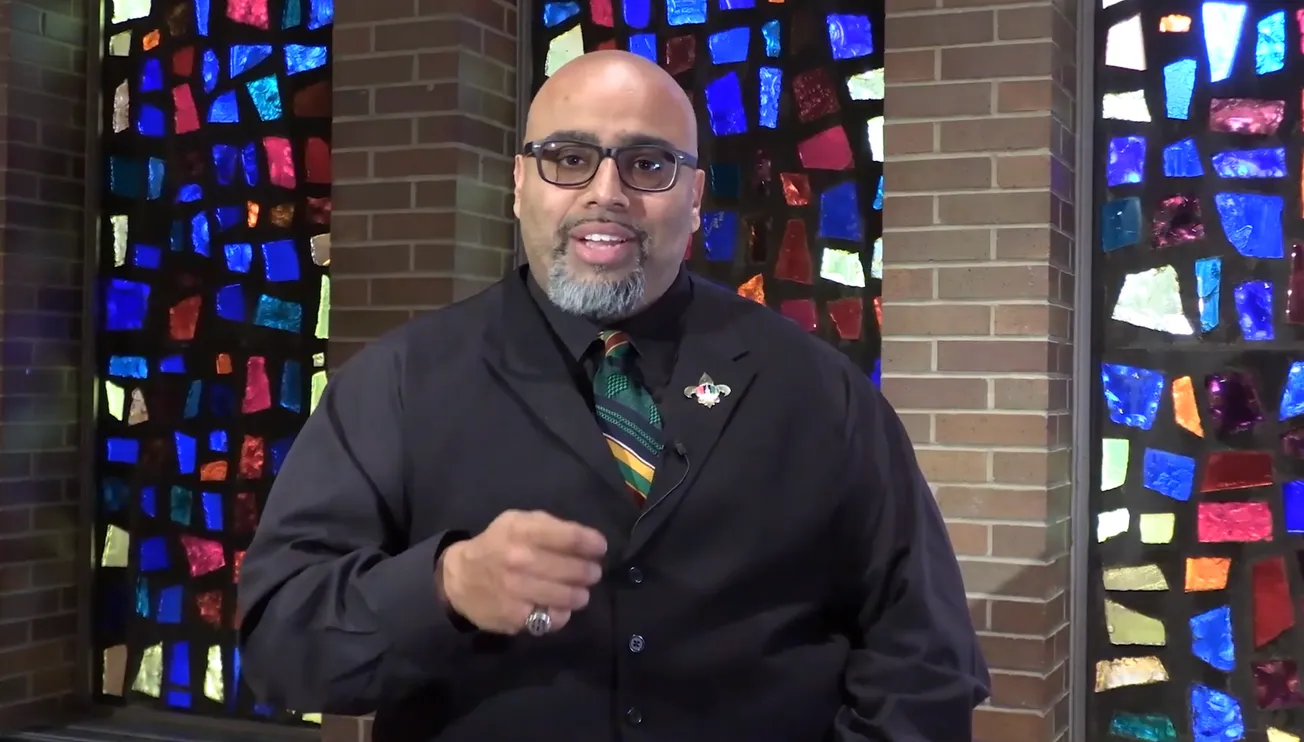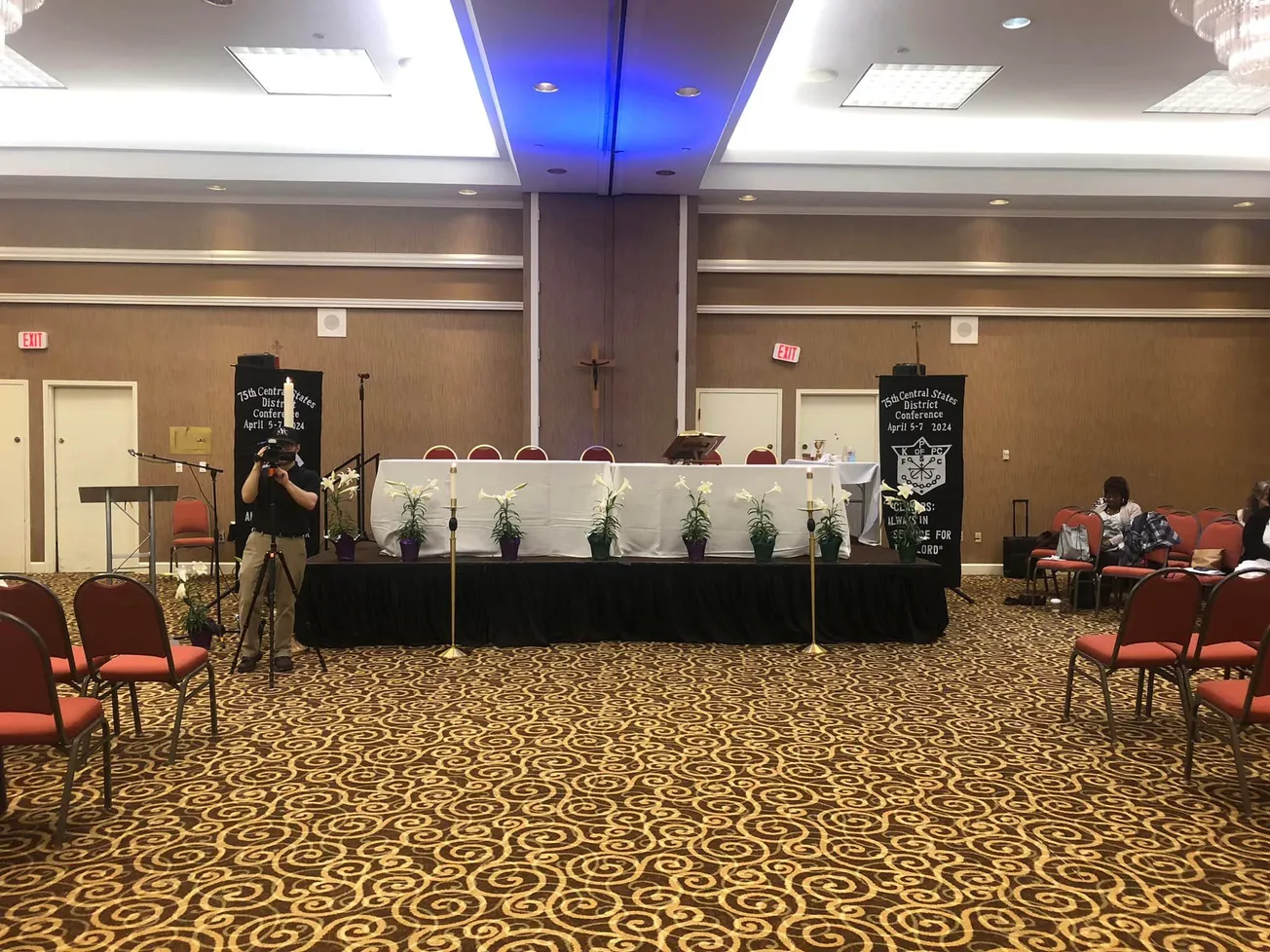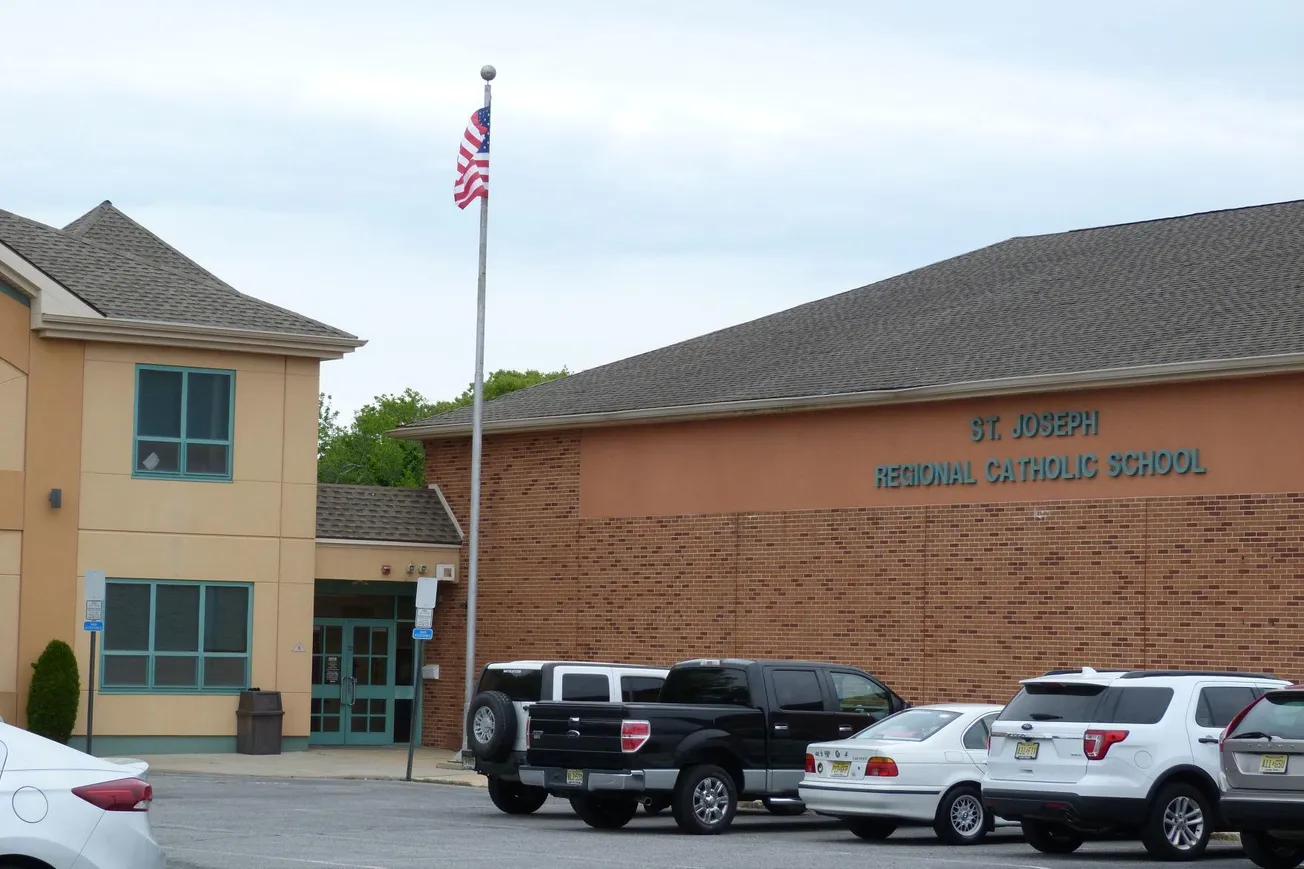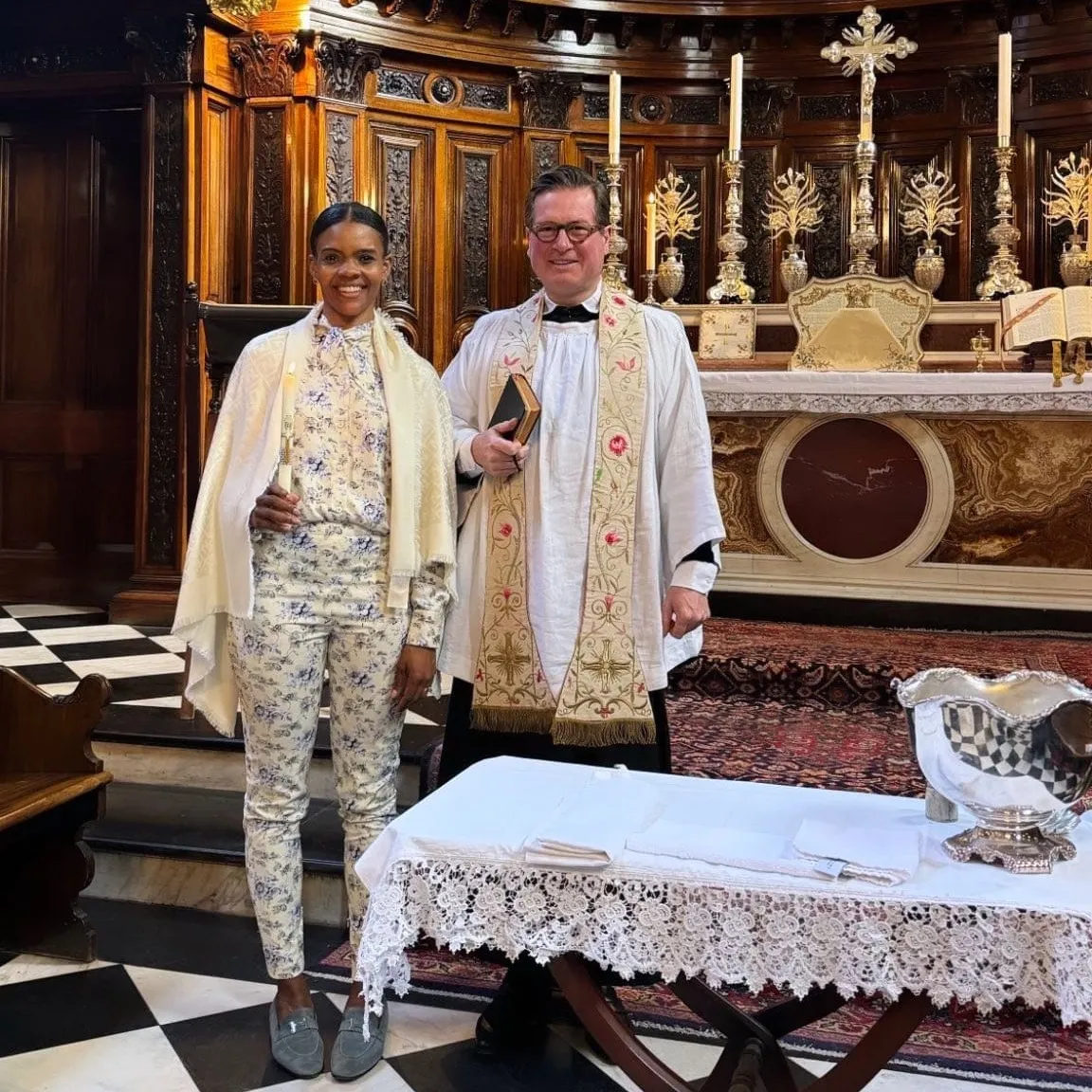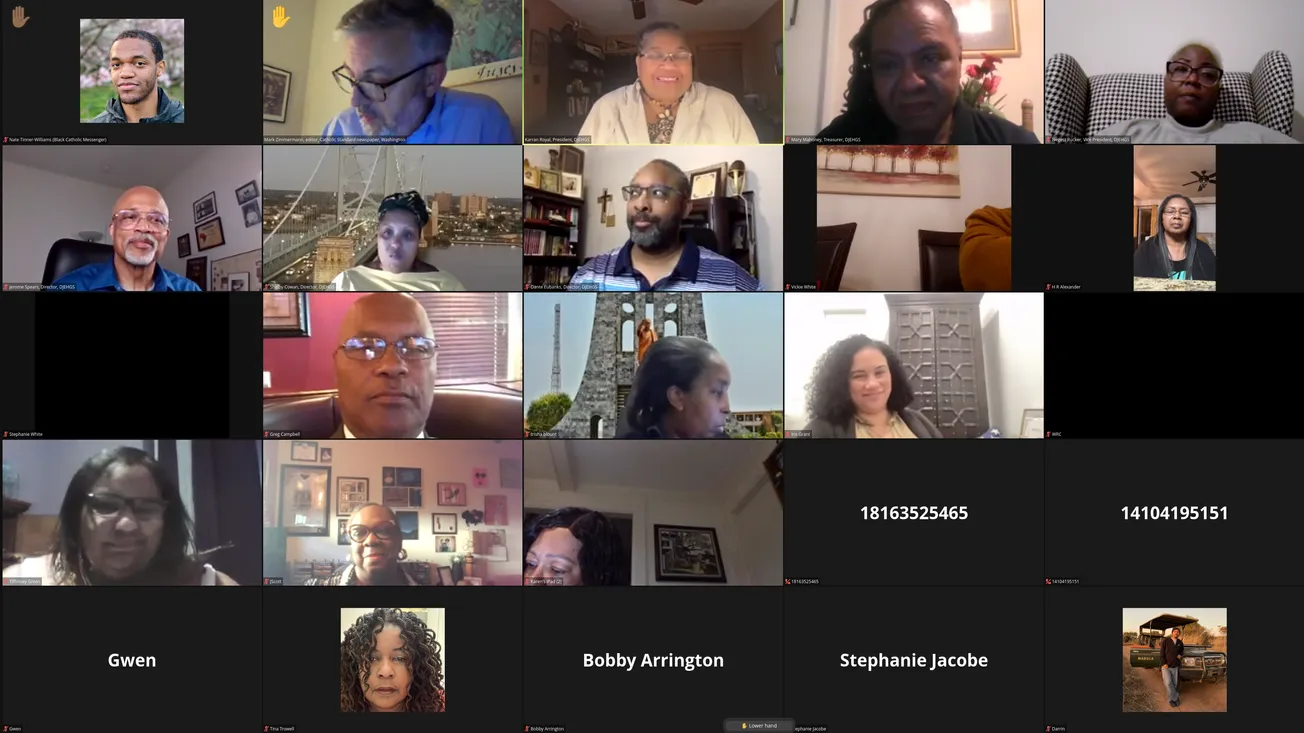In February, Pope Francis named Fr Jacques Fabre, CS—a Haitian-American priest in the Archdiocese of Atlanta—as the next Bishop of Charleston, succeeding the retiring Robert Guglielmone. The news was historic in its own right, and was also the second Black episcopal appointment that month.
Ahead of his installation on May 13th, Bishop-elect Fabre sat down with BCM to discuss his new role, as well as his past work as a religious priest ministering to migrants and refugees.
This interview has been edited for length and clarity.
Nate Tinner-Williams: What does it mean for you to be the first Haitian-American Catholic ordinary? Obviously, you're making history as the second Haitian-American bishop in the United States, but the first to head a diocese. How does that feel?
Bishop-elect Jacques Fabre, CS: When I first received the call, that's the first thing that came to mind, besides the responsibility that it would entail. What we are suffering as a country. I knew that [becoming a bishop] was going to instill in the hearts of every Haitian, especially the young people that if we work hard and are given a chance, we can serve in different aspects of life. And I felt it was a joy for Haiti and for the Haitians.
I didn't even think about the impact that it was going to have until I began to receive calls and letters and messages. So I would say that definitely, it does have an impact. And I think it will go much further than I would imagine.
NTW: What do you think the attitude of the country is towards Black bishops in general, but especially having a Haitian-American bishop. I know that's going to be totally new for Charleston.
JF: I don't know how Charleston is going to receive it. We have to begin to know one another. We can pre-judge, but once we begin to know one another and have a dialogue, we will always have two possibilities: people who love you and people who hate to see you.
It's going to be new, because of the language and the accent and everything that Americans have to get used to. But when it comes to the Church, we have one common goal: to serve Jesus Christ and receive his salvation. And for Haitians, there's always—well, politics and relationships between countries are always two different things. But what I’ve heard from people is there's always a love for Haiti, for our history and our struggle. And I think that will come into play also.
NTW: Do you have any perception of what the diversity of your new diocese is?
JF: Not yet, but I heard that there are a lot of Spanish-speaking [Catholics], so I wouldn't have any problem relating to them. I’m [approaching] 36 years of priesthood, and more than half of those years have been with Hispanics.
And I’ve heard there are Vietnamese [as well]. I belong to a congregation that works with migrants and refugees. So the charism that I have within me will enable me to relate to those groups that are not native.
NTW: Let's talk a bit about that. What would you say has been your most impactful experience as a priest?
JF: When I was in Guantanamo Bay with Haitian refugees. It was the same thing that we are living [now]; it was during Lent and Easter. So when I saw those 40,000 Haitians in the Bay, thinking that they were going to go to the States and they were in the base, that was very, very heartbreaking for me. As a matter of fact, I had the opportunity to study the book of Exodus with them, so I understood it better seeing them in the context of the reality—what the people of Israel went through. How God was working with them.
When I was in Georgia, the reality was that when people are not documented and their parents died, they cannot go and bury them. That's [also] been impactful in my priesthood. It’s a feeling of helplessness as a priest, to see that you can help them cry in that loss, but not see their parent and say goodbye physically. It's a very difficult situation.
NTW: Of course.
On that note, if you're comfortable answering, what went through your mind when you saw the most recent Haitian refugee crisis, when they were being treated so inhumanely at the border here in the United States?
JF: In most of the places that I've worked, when I see immigrants—in the case of Haitians or Mexicans or other groups—the question that I ask is: why a country that was deprived of [so much]? It was Haiti’s [purpose] to feed France, but Haiti became an example for a lot of countries when it comes to Black liberation. Haiti helped the US in its liberation. Soldiers came from Haiti to help the Americans [during the Revolution]. In Savannah, there's a monument erected for those Haitians.
So what happened with Haiti? To be in the situation where people have to leave the country to look for a better life? The problem is first in Haiti. We can pass the blame around, but the reality is that. That's the first thing that we have to look at. People don't leave their homes for the pleasure of leaving. It’s because they're looking for a better life.
As a human person, whenever you see suffering, if it's self-inflicted or if others inflicted it, anybody who has a soul—who has a heart—has to be troubled by it, and I was troubled.
NTW: In Atlanta, did you have any experiences working with African Americans, in addition to the Haitian community?
JF: I was working in a mission. 100% Mexican. But I had contact with the Black clergy. And I was involved with the Charismatic Renewal, so sometimes I would go and celebrate Mass with the Black community.
NTW: I also saw that Sts. Peter and Paul Catholic Church in Decatur held a Mass of thanksgiving for you. Was that just something they had planned to do on their own initiative, or did you have a connection to the parish there?
JF: I am a religious priest, a Scalabrinian, and I started working with that community in the beginning as a volunteer, with the permission of the bishop. We used to say Mass for them, because they didn’t have a priest. Archbishop Wilton Gregory had asked the Scalabrinians to provide a priest, and the one came to work with them lived with me. So that's why they invited me to have that farewell.
NTW: Understood. And what is your relationship like with Cardinal Gregory? Do you know him pretty well?
JF: I met him in Chicago. That's when I invited him to ordain me in Brooklyn. And later, he was my archbishop for 12 years.
NTW: Got it.

So I understand that, as a bishop-elect from a religious order, when you take possession of your diocese, you'll technically no longer be a member of the Scalabrinians anymore. What your feelings are about that? I imagine it's pretty bittersweet.
JF: Yeah, it's like a child getting married and leaving the family. I had that experience in the Dominican Republic, living a bit of time by myself. So I think I'll be able to handle that. But I've been living in community for the past 13 years, so it's going to be difficult. But I know that I'm serving the church as a Scalabrinian and as a priest. And continuing to live the charism. I’ll miss the community life, but the charism is within me—as a matter of fact, it's probably going to be more active than before.
NTW: So since your mission, as I understand it, is to serve as a missionary priest to migrants and refugees, how do you plan to keep that charism now as an ordinary? How do you think that will work?
JF: It should work fine. An ordinary, or a shepherd, or pastor, has to take care of everybody in his territory. No one is excluded from his pastoral work. So definitely, that will be part of it. And of course, through the priests, because I’m not going to be in contact directly. I have to be a shepherd to the shepherds.
NTW: I understand that you were an immigrant yourself to the United States. I'm wondering if that inspired your vocation, having your own personal experiences and maybe seeing that as the community you wanted to serve? Is that what inspired you to become a Scalabrinian?
JF: No, not at all. Since I was a kid, I just wanted to be a priest. As a boy scout, reading the literature, I wanted to go to Africa to be a priest. To be a missionary. That’s within me; I think it’s always been there. But I became a Scalabrinian through a friend of mine who was a seminarian. He invited me to join the congregation. What was within me to become a priest, but not specifically a Scalabrinian.
But saying that, once I learned of [Blessed Giovanni Scalabrini, the founder], and his attitude as a bishop, I decided to try to apply the way that he treated his diocese in Italy. He came to visit the Italians because he loved his people. When he saw them leaving the diocese, going to other places like the States or South America, this is why he came to visit. And he visited every parish in his own diocese three times.
So I think, in that line, I wanted to follow him, once I learned about him and I really understood how the Holy Spirit was working in the Church through him.
NTW: Back to Charleston, what are some specific challenges you think you will have to overcome in these next few years as you start your episcopal ministry?
JF: I cannot foresee any, because I don't have enough knowledge. I read about Charleston and I overheard things, but I have to have my own experience before making any plans or any judgment. One of the things I’ve learned in life is to not prejudge. Wait until you see. Then you judge. Then you make decisions. Then you make projections. Because otherwise, I might foresee something that’s not going to happen. Why lose my pleasant dreams?
NTW: I hear you. Now would be a good time to just relax, to enjoy the moment.
JF: When things come, then you’ll know. And God will not leave you alone. He’s going to give you the instrumental people needed.
Saying that, though, I was afraid. But since I arrived here, I have found so many good people already, coaching and trying to help. I think they understand that this is not the bishop-elect. This is the Church. So if the bishop-elect or the bishop fails, the Church fails. If the pope fails, the Church fails. If the priests, and so on and so forth. It's also like parents: if they fail, the children fail. So it's a project of togetherness.
One thing that I liked about the States, no matter what people might say—and I’m sorry even to make the judgment—but I don't think even Americans realize the richness of the States. There are two things that hold things together: law and structure. Which is totally different for us from other countries, where it’s the president, it’s the professor, etc. But here, it’s the structure. It’s the Church. So everybody that can hold it together has to try.
NTW: Very interesting. So, my last question for you is: who will be consecrating you as a bishop?
JF: The one who ordained me. Cardinal Wilton Gregory.
NTW: Ah, that's good to hear. I figured it would be him.
JF: And the co-consecrators are going to be Gregory Hartmayer, OFM Conv., the archbishop of Atlanta, and an Italian cardinal who accepted [the Scalabrinians’] push to open up to other migrants in Italy. Cardinal Silvano Tomasi, CS. He’s the one that sent me to Guantanamo, when he was a Scalabrinian provincial.
NTW: Thank you. I very much appreciate you speaking with me.
JF: Thank you for being kind.
Nate Tinner-Williams is co-founder and editor of Black Catholic Messenger, a seminarian with the Josephites, and a ThM student with the Institute for Black Catholic Studies at Xavier University of Louisiana (XULA).


